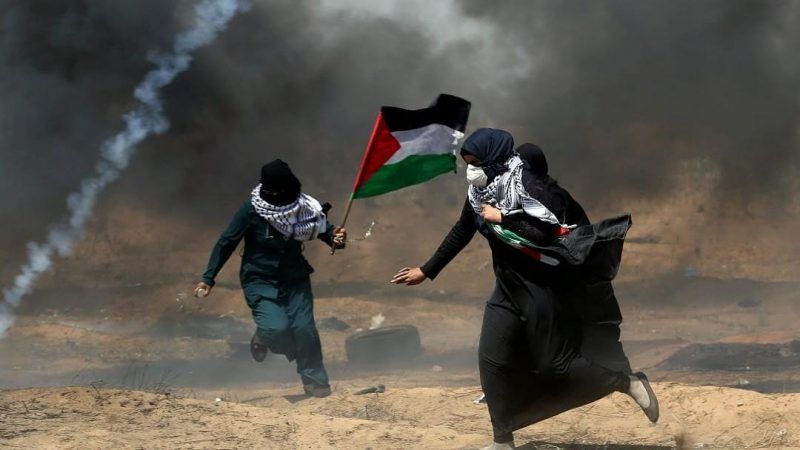An overview of war
War involves more than bombs, guns, and destroyed buildings. It is also about destroyed minds and destroyed hearts. From Kashmir in South Asia to Gaza in the Middle East, millions of innocent people are living with fear, violence, and occupation. News often shows us the destruction of homes and cities, but it is important also to understand the pain that does not make the news; that is, the mental and emotional pain of people living in war-damaged countries.
Read more: From Minarets to Palaces – Who Will Answer Gaza Call
War and conflict affect more than just the body. It also affects the mind. In areas like Kashmir and Gaza where people live in fear every day, the bomb may stop, but the fear remains. Children hear a loud sound and automatically feel fear. They have poor sleep. Adults worry about their safety, getting food, and the future. The fear accumulates over time and people develop deep psychological trauma.
Many of the citizens living in these areas are showing signs of trauma. Some cry every day. Some are numb and hopeless. The experience of war has robbed them of loved ones, homes, and peace. Due to this trauma, many are affected psychologically. Even small things such as going outside or hearing a siren may trigger panic and stress. Many people, because of tremendous trauma, do not get help. In conflict zones, mental health support has been in short supply. Outsiders and the international communities are sometimes unaware of the suffering. Consequently, people suffer in silence.

War statistics
According to Aljazeera News, more than 52000 Palestinians have been killed in the war and more than 150000 have been injured since the war started on 7th October 2023. The U.N. estimates the war has left Gaza with more than 50 million tons of rubble — about 12 times the size of the Great Pyramid of Giza. The United Nations estimated last month that 69% of structures in Gaza were damaged or destroyed, including over 245,000 homes.
The World Bank estimated $18.5 billion in damage. In the 19 years of terrorist and separatist violence between 1989 and up until 2008, it was reported that over 47,000 lives were lost In Kashmir. In the Indian-administered portion of Kashmir, it has been reported that at least 4,000 people were declared dead or disappeared. According to Reuters, 26 people have been killed in various areas of Kashmir as of May 7th, 2025 when India launched a missile assault on Pakistan.

Life Under the Shadow of Fear
Imagine waking each day risking your life for living another day. Imagine sending your child to school knowing that he or she might not return. That is the reality for many people in Kashmir and Gaza. The constant sound of gunfire, bombs, and military vehicles is stressful and tiring. Children are raised to know how to hide during an attack. Adults learn to live with the fear of losing a loved one, be it a friend, partner, or relative, every moment of every day.
The constant stress and fear can create many serious mental health challenges, including anxiety, depression, and post-traumatic stress disorder (PTSD). Those who experience these mental health challenges are often unable to sleep, eat, work, or be happy.
The Trauma of Loss
War brings losses. Loss of homes, schools, jobs, and the more painful loss, of family and friends. In Gaza, children have seen homes reduced to rubble and parents killed in airstrikes, In Kashmir, families have lost loved ones through military action or disappearances. These types of losses create significant emotional wounds that are not easily healed.
Children are impacted most. Every day they see violent and painful things. They might stop talking altogether, become aggressive, or lose interest in school and activities. As a consequence of loss, they might lose their ability to feel emotions altogether because feeling becomes painful. The loss of the ability to feel can last for years, shaping who they become and how they live.
No One is Safe
For almost everyone, home is a safe space. In places like Gaza and Kashmir, homes aren’t even safe. Soldiers can come into homes anytime. Unannounced bombs fall from the sky. People can’t rest well even in their beds. Nothing is certain, there’s no safety, and when everything feels uncertain, it’s near impossible to take our comfort when we can.
The Need for Global Awareness
The world must open its collective eyes to the cost of conflict. We must listen to the intentions of those who suffer, even if they are on the other side of the globe. Mental health support should be incorporated into every relief effort—not as a token addition, but as a deliberate component. Finally, we must work toward peace—through the end of wars, but also through helping people begin to rebuild their lives and minds.



Leave a Reply